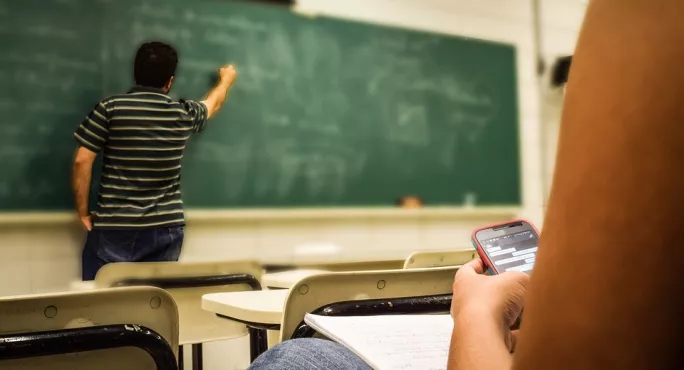Academics have accused schools of harming lower-ability pupils’ chances of success by continuing to set and stream children by ability.
They say that schools are teaching pupils in ability-based groups, despite research showing that this can be detrimental to lower-ability pupils’ results.
Schools’ decisions are influenced by fears of parental responses to mixed-ability teaching, the academics say.
The research, carried out by academics including Becky Francis, director of the UCL Institute of Education, and Louise Archer, professor of sociology of education at King’s College London, said that setting - where pupils are grouped into ability-based groups for individual subjects - is overwhelmingly used for maths and English, in primary and secondary schools.
The academics had no problem at all recruiting 120 secondary schools that teach pupils in sets for the study they were conducting.
However, they struggled to find even 20 schools that taught pupils in mixed-ability classes. They eventually found 17 such schools, recruited from across England.
‘Unconventional’
Survey data also revealed a widespread reluctance among schools to adopt mixed-ability teaching. Some staff members said it would be viewed as “unconventional” by parents, who would avoid the school as a result.
One teacher told researchers: “Differentiation…to stretch and challenge [the] more able without causing disappointment to [the] less able in the same class seems challenging.”
Another said: “The teachers are measured on progress, so they are going to be worried about trying something new.”
Becky Taylor, of the UCL Institute of Education, the lead author of the paper, said: “Mixed-attainment grouping is widely seen as difficult and unconventional, and therefore risky. It is student attainment outcomes which suffer as a result of this fear.”
‘Negative impact’
In their paper, presented this week at the annual British Educational Research Association conference, the academics stated: “It is well-established that attainment-based grouping has little, if any, overall benefit in terms of student outcomes.
“Indeed, it has been demonstrated multiple times that, while small achievement gains may be made by higher-attaining students, the impact on students in lower-attaining groups is negative.”
The government-backed Education Endowment Foundation (EEF) found that low-attaining pupils who were placed into ability-based sets or streams tended to fall behind by one or two months per year on average, compared with similar pupils in mixed-ability classes.
It added: “It appears likely that routine setting or streaming arrangements undermine low attainers’ confidence, and discourage the belief that attainment can be improved through effort.”
But the EEF also found that ability-based sets had a positive effect on the highest-attaining pupils: they tended to make between one and two months’ additional progress when setted or streamed, though a similar effect could be achieved using targeted interventions.
Want to keep up with the latest education news and opinion? Follow Tes on Twitter and like Tes on Facebook




